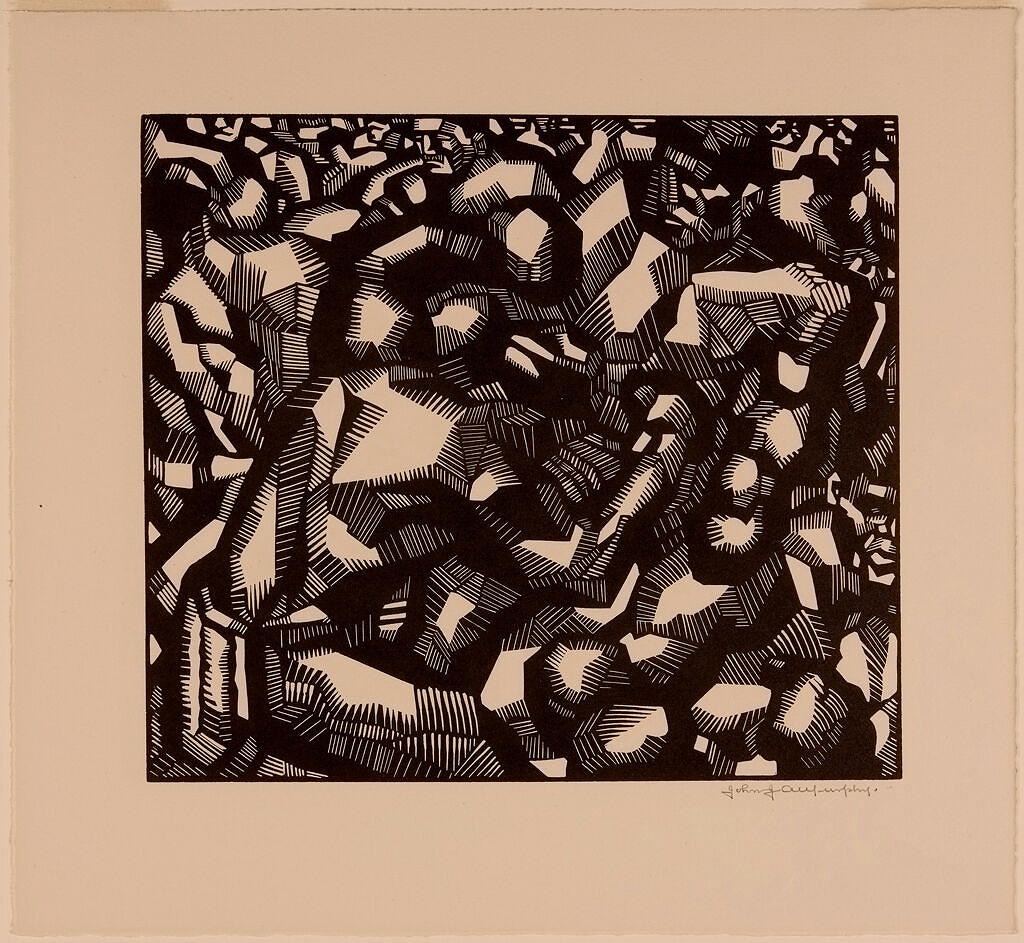Rest

John J. A. Murphy: Athletes at Rest (20th Century)
"A discontented grumbling accompanies …"
Forced rest seems anything but restful. It quickly induces resentful feelings, even in the more practiced procrastinators, for it looks really different from playing hooky—genuine slacking. Being ordered to relax leaches much of the fun out of the effort, rendering it more work than fun. One cannot be meaningfully permitted to possess what must rightfully only be freely taken. Without that freedom, Rest becomes nothing like what the sentencing judge intends. It cannot possibly be healing. It becomes a form of avoidance, a demerit rather than an accomplishment, a ruthless, if not all that unusual, form of punishment. The urge to idle ages poorly, quickly transforming itself into simple boredom, turning its practitioner into nobody worth emulating, worse than worthless in his own eyes.
All the work not engaged in gathers around him. He's resigned to Rest. It haunts his dreams in the unlikely event that he even proves capable of dreaming. It haunts his waking. He loses a dimension or two, missing depth and perhaps his point. He tries to defy the demand and test to see if his former abilities have returned and learns in a flash of Technicolor® pain that they haven't. He comes to fear previously innocuous objects. That loaf of bread becomes ominous. That gallon of milk, daunting. He comes to question his motives. Is he secretly relishing the break, taking advantage of not giving a heck? He becomes consumed with trivial things instead of expanding his consciousness. His pile of to-be-read books grows no shorter. He considers those volumes as threatening as that malevolent loaf of bread. He turns a page wrong and pays for it.
He wonders what might prove recuperative. If Rest makes matters worse, what might help? He's lined up an Acupuncturist in two days after waiting a month for the appointment. He's been counting that chicken since it first promised to hatch. He'd got a bead on another promising treatment he'll try to put into the pipeline if the pins and needles fail, as they probably will. He's not a pessimist by nature, just an observer, and observation's taught him that single-point solutions promisingly dangling over any horizon rarely resolve anything. They encourage hoping, which serves as a valuable form of coping for the desperate, but this hope, too, falls far short of a plan and seldom amounts to anything substantial. Still, he holds his hope close as if it was more promising than it could ever possibly prove.
He's amazed at how quickly the lethargy takes over. He feels primarily indifferent, unable to sleep if only because it's been prescribed, and unable to gain full wakefulness. Supper seems just as uninteresting as lunch and breakfast appeared before it. Rather than resting, he enters suspended animation, brain on strike, body unresponsive. The afternoon slips by unnoticed and almost unaccounted for. His projects, sidelined for an indeterminant duration, he finds little real reason to imagine. Two months since diagnosis and little better, the Rest seemingly having served little purpose. He still rises. He still writes. He must still exist, he imagines. The cats don't mind his idleness, except for his inability to replicate their contented purring. A discontented grumbling accompanies his Rest.
©2023 by David A. Schmaltz - all rights reserved


